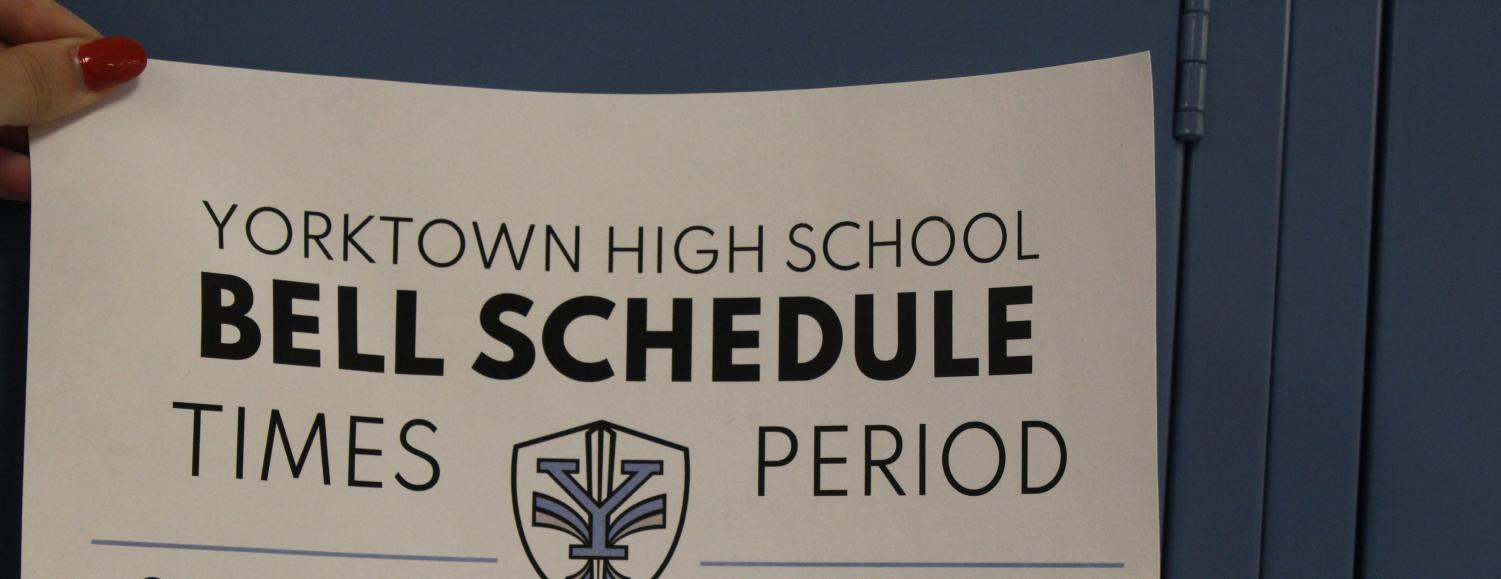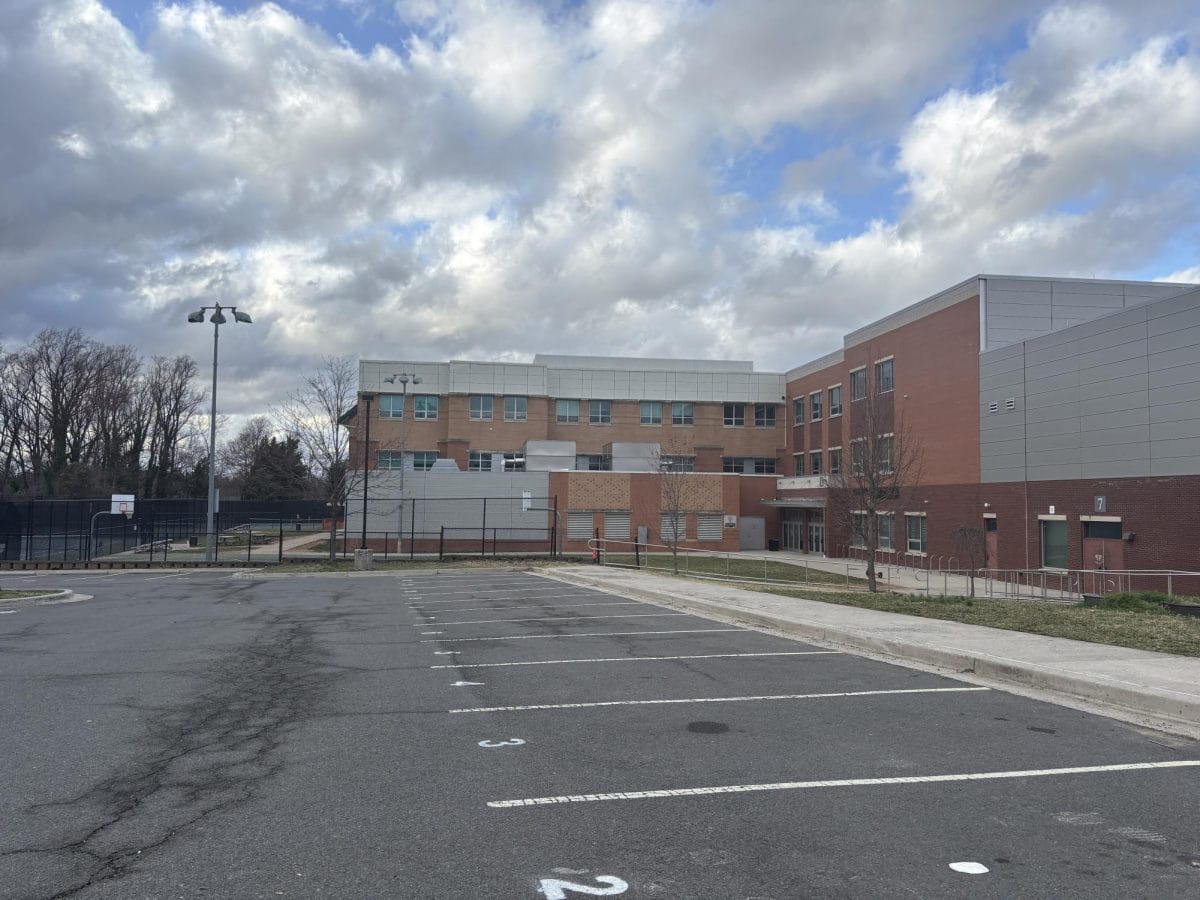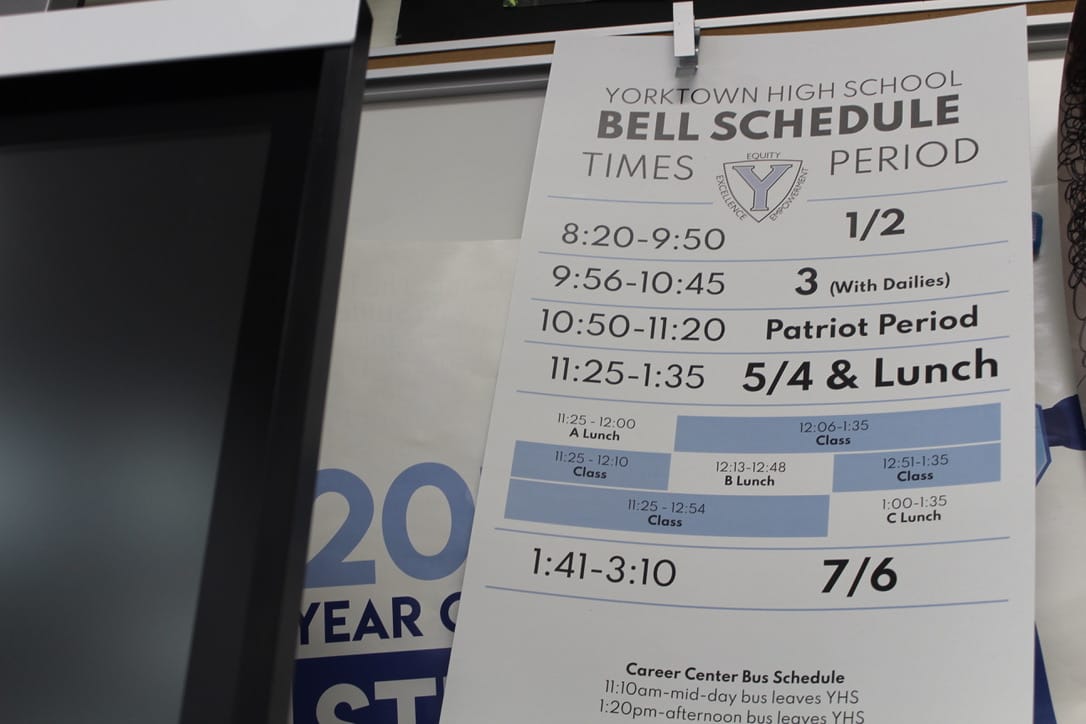Block scheduling is a disappointment. Proponents of the new scheduling system promised to create an extra day to complete homework, more enriched learning and lower levels of anxiety in students. It delivered none of these. Instead, it breaks continuity in students’ daily lives, is too long for most high school students and makes catching up after absences more difficult. It is time for APS to revert to the seven-period day.
One of the most glaring difficulties of block scheduling is the abject lack of continuity in students’ daily schedules. Classes shift each day, disrupting the daily routine of many students. A study by researchers at Tel-Aviv University found that daily routines establish lower levels of anxiety in students, and allow for students to more easily take control of their days. Additionally, consistent classes in a daily schedule aid organization, which is a struggle for many students. This daily consistency was traded for an extra day between classes, and an extra day to complete homework.
While that extra day for students to complete homework was an initial benefit to block scheduling, over the virtual year many teachers realized students could submit assignments digitally. As a result, assignments are often due when students do not have class. Another strain of block scheduling is the greater toll on students who miss class. One absence is equivalent to two days of work, so missing two blocks in a row could mean missing an entire week’s worth of learning. This means making up more classwork and having fewer classes between homework due dates. This applies to teachers as well. Should they miss a day, classes that did not see the teacher are suddenly two classes behind schedule rather than one.
Staying focused for 90 minutes can also be taxing for students. According to researcher Helen F. Neville of the University of Oregon, students aged 14 to 16 are able to stay focused for 48 minutes at most. This may allow students to stay on task for one class period, but certainly not a full block. By the second half of the block, many students struggle to stay focused and on task. Last year’s virtual format accounted for this by instating “asynchronous time,” in which students would spend 45 minutes per block working on classwork. This year, however, asynchronous time no longer exists.
With low attention spans comes low test scores. The College Board has reported finding lower scores for Advanced Placement (AP) exams in students using some forms of block scheduling. This is because block scheduling relies on massed learning. This is learning that is done less frequently but for large periods of time. This has been linked to an increase in short-term retention but a decrease in long-term retention. By the time students must sit for a comprehensive AP exam at the end of the school year, students will have forgotten much of the material. The solution for this is interleaving, which consists of studying material for shorter periods of time, more frequently. Traditional seven-period days accomplish this.
There is no reason to continue using the block schedule. It disrupts students’ daily routines, causes making up missed work from absences to be more difficult, is too long for the attention spans of most high school students and has been linked to lower long-term retention and, as a result, lower test scores. Traditional 7-period days solve these issues.









































